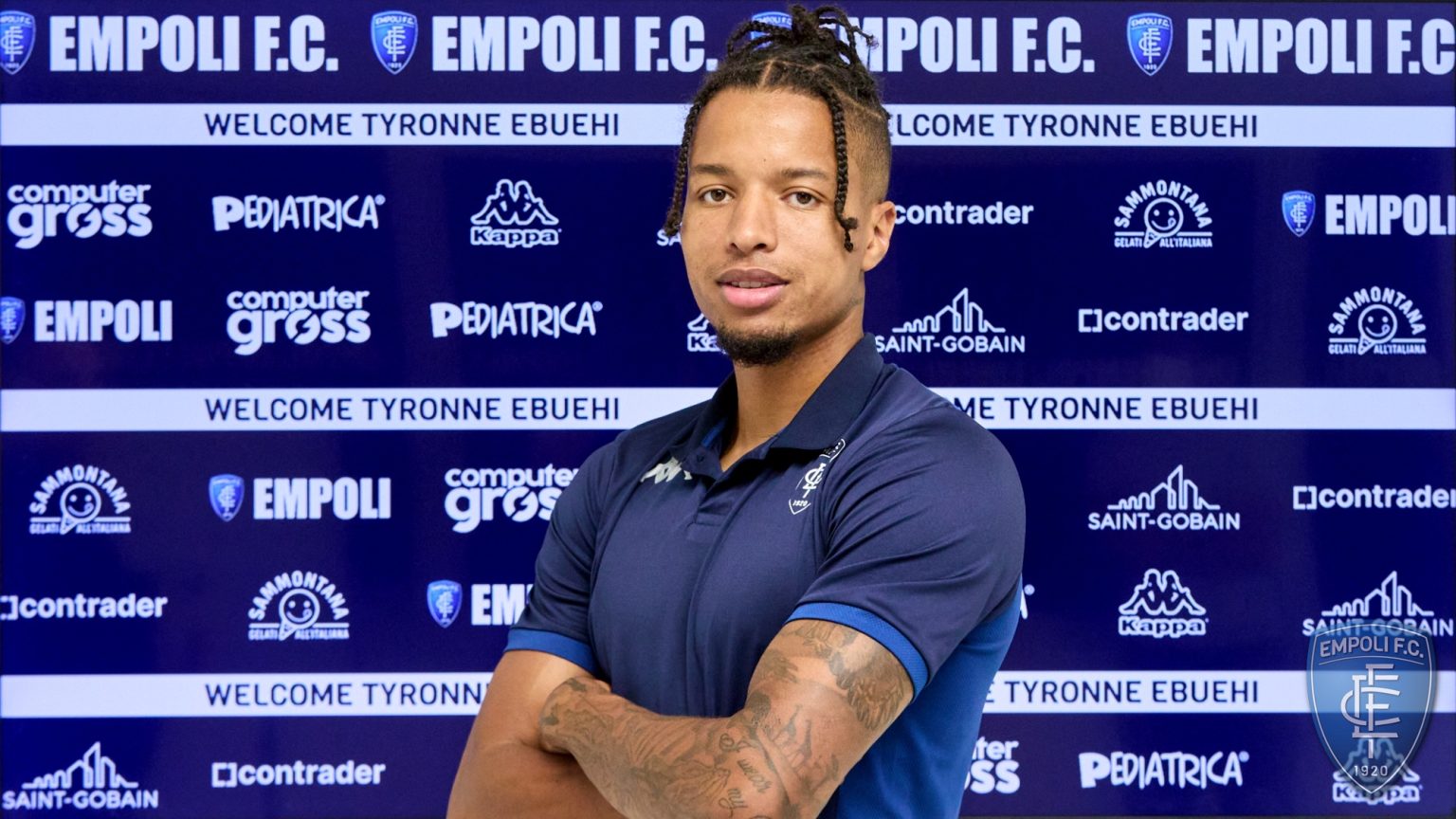The Nigerian national football team, the Super Eagles, has seen a number of players fade from the international scene in recent years. A combination of factors, including injuries, declining form, increased competition from younger talents, and in some cases, off-field issues, have contributed to their absence from the squad. These players, once integral parts of the team, showcasing their skills on the grand stages of the World Cup and Africa Cup of Nations, now find themselves on the periphery, their international careers seemingly stalled or even concluded.
One group of players experienced setbacks due to debilitating injuries. Tyronne Ebuehi, the dynamic right-back who impressed at the 2018 World Cup, has been plagued by recurring injuries, including a hamstring tear and a devastating ACL injury, severely limiting his playing time and ultimately sidelining him from national team contention. Jamilu Collins, a reliable left-back, also suffered an ACL injury that derailed his progress and coincided with the emergence of new options in his position. Samuel Kalu, a skillful winger, struggled with recurring thigh, ankle, and hamstring problems, leading to extended periods of inactivity and ultimately disrupting his international career.
Another factor contributing to the decline of some players has been the inconsistency of their club careers. Emmanuel Dennis, despite a memorable Champions League performance, struggled with club instability and off-field controversies, leading to a dip in form that saw him fall out of favor with the national team selectors. Henry Onyekuru, once considered a bright attacking prospect, embarked on a journeyman career across various leagues, hindering his development and limiting his international opportunities. Kelechi Nwakali, the captain of Nigeria’s triumphant U-17 World Cup team, also experienced an erratic club career that failed to live up to his early promise, resulting in only a fleeting appearance at the senior international level.
Age and the emergence of a new generation of talent have also played a significant role in the changing landscape of the Super Eagles. Shehu Abdullahi, a versatile midfielder and defender who participated in the 2018 World Cup and multiple AFCON campaigns, is now playing domestically and, at 32, is no longer in the national team’s plans. Simeon ‘Simy’ Nwankwo, a tall striker with a proven scoring record in Italy, has found himself overlooked despite his goal-scoring prowess, with younger attacking options preferred. Brian Idowu, who memorably scored on his Nigeria debut, saw his opportunities dwindle due to a lack of consistent call-ups and his continued presence in the Russian league.
The case of Francis Uzoho highlights the impact of individual performances and competition for places. Once Nigeria’s first-choice goalkeeper at the World Cup and AFCON, costly errors, particularly in the crucial World Cup playoff against Ghana, led to him losing his starting spot. While he remains in the national team setup, he is now considered a backup option.
In summary, the stories of these players represent the complex and often unforgiving nature of international football. Injuries, inconsistent form, increased competition, and in some cases, off-field issues, have all contributed to their diminished roles within the Super Eagles setup. While some may still harbor hopes of a return to the national team, others appear to have reached the end of their international careers, their contributions to Nigerian football fading into memory as a new generation of players takes center stage. The constant evolution of the squad underscores the intense competition and high standards required to represent the Super Eagles on the global stage.














